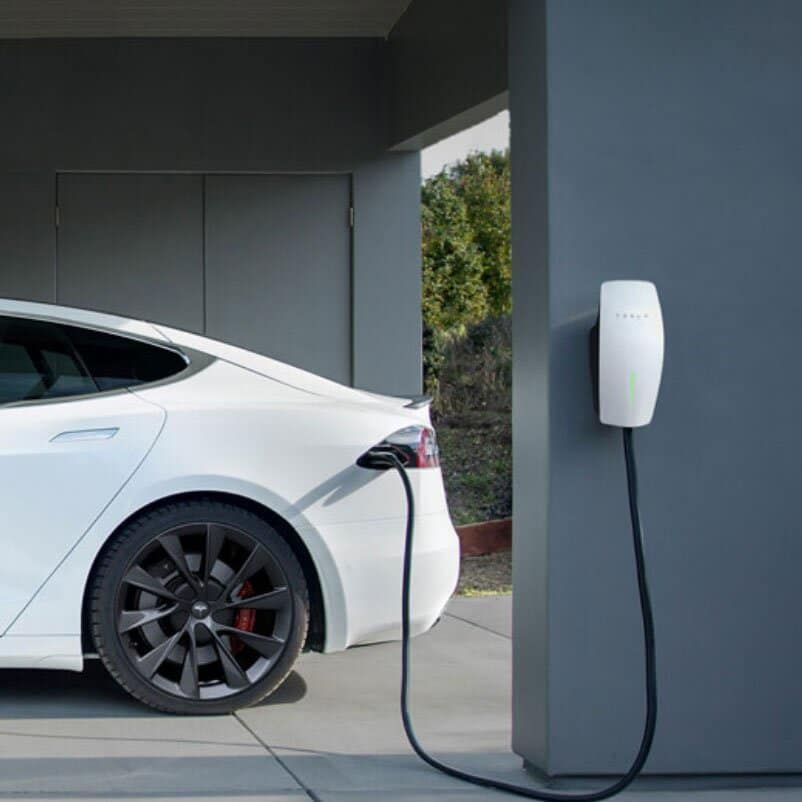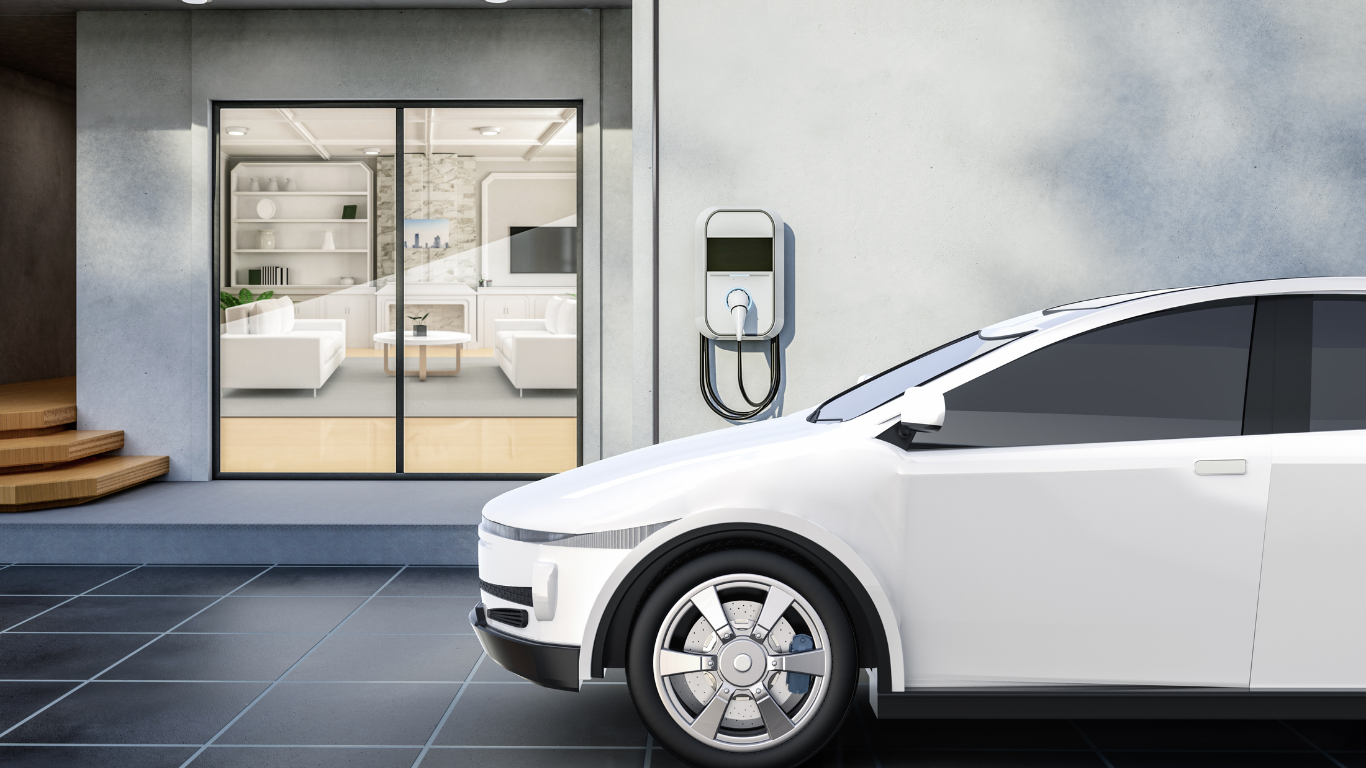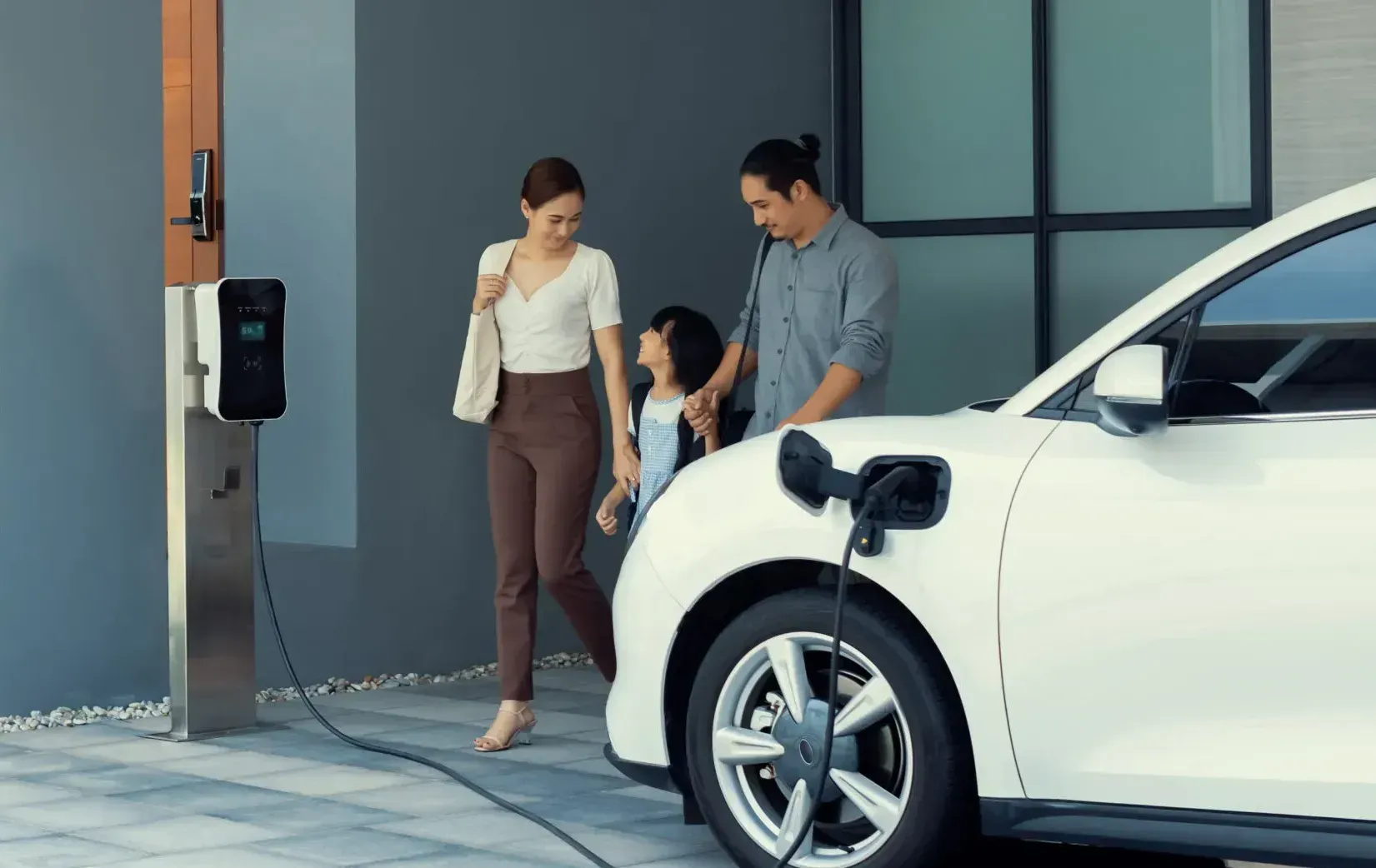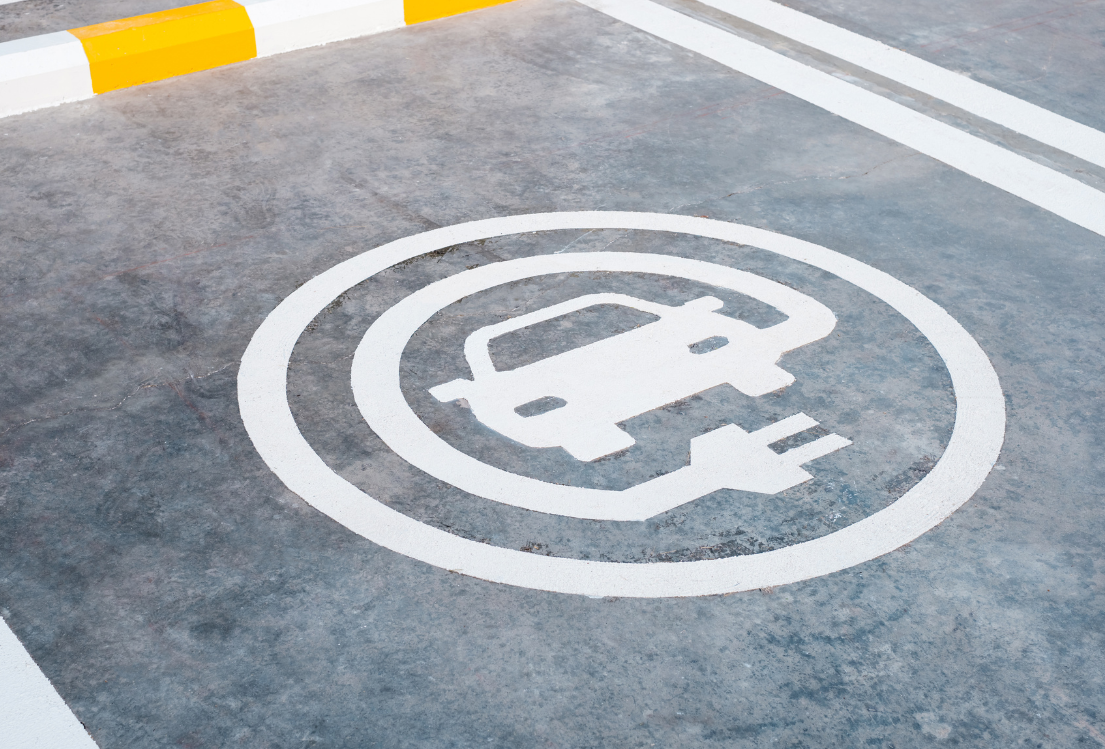The Environmental Impact of Electric Vehicles: Why Going Green Matters
Exploring How Electric Vehicles Drive a Cleaner, Greener Future.

Table of Contents
Introduction
Transportation contributes significantly to global greenhouse gas emissions and air pollution. Electric vehicles (EVs) are transforming this landscape, offering a cleaner, more sustainable alternative to traditional gasoline-powered cars. As EV adoption grows, their potential to combat climate change and improve community health becomes increasingly clear.
This guide examines the environmental impact of EVs, focusing on emissions reduction, renewable energy integration, reduced fossil fuel reliance, lifecycle considerations, and the community benefits of widespread adoption. By understanding these aspects, we can see why choosing EVs is a meaningful step toward a healthier planet.
1. Reduction in Greenhouse Gas Emissions
The Scale of the Problem
Globally, transportation accounts for approximately 24% of energy-related carbon dioxide (CO₂) emissions, according to the International Energy Agency (IEA). Gasoline and diesel-powered vehicles are major contributors, releasing billions of tonnes of CO₂ into the atmosphere annually. EVs, which produce no tailpipe emissions, offer a cleaner alternative.
Emissions During Operation
EVs reduce emissions significantly, even when factoring in electricity generation:
- Zero Tailpipe Emissions: Unlike traditional vehicles, EVs produce no direct emissions during operation.
- Energy Source Impact: Studies show that EVs powered by electricity from fossil fuel-heavy grids still produce fewer emissions over their lifecycle than internal combustion engine (ICE) vehicles.
Data-Driven Impact
- **Lifecycle Emissions:** A 2021 study by the International Council on Clean Transportation (ICCT) found that EVs produce 50-70% fewer greenhouse gas emissions than gasoline cars over their lifetime, depending on the electricity mix.
- **Localized Benefits:** In regions with a high share of renewable energy, such as Quebec or British Columbia, EVs operate with close to zero emissions.
2. The Role of Renewable Energy
How Renewable Energy Enhances EV Sustainability
Charging EVs with renewable energy sources, such as solar, wind, or hydropower, eliminates emissions from electricity generation. This creates a scenario where driving an EV produces no carbon emissions at all.
Renewable-Powered Charging Stations
Governments and private organizations are investing heavily in renewable energy to power the growing fleet of EVs. Key developments include:
- Canada’s Green Grid Goals: Provinces like Ontario and Alberta are increasing investments in wind and solar energy, aiming to decarbonize grids and support EV adoption.
- Corporate Commitments: Companies such as Tesla and ChargePoint are developing charging networks powered entirely by renewables.
Case Study: Norway’s Renewable Success
Norway, where 98% of electricity comes from hydropower, demonstrates the potential of renewable-powered EVs. With over 80% of new car sales being electric, the country sets a global benchmark for clean transportation integration.
3. Decreasing Dependence on Fossil Fuels
Environmental Impacts of Fossil Fuel Use
Extracting, refining, and burning fossil fuels contribute to air pollution, water contamination, and habitat destruction. EVs reduce reliance on gasoline and diesel, offering a pathway to mitigate these environmental risks.
- Air Pollution Reduction: EVs help lower levels of harmful pollutants such as nitrogen oxides (NOx) and particulate matter (PM), which are directly linked to fossil fuel combustion.
- Water Preservation: Oil extraction processes, including fracking, consume vast amounts of water and risk contaminating local water supplies.
4. The Lifecycle Impact of EVs
Manufacturing Impacts
EV manufacturing, particularly battery production, has a higher initial environmental footprint compared to traditional vehicles. Mining materials like lithium, cobalt, and nickel involves energy-intensive processes that can harm ecosystems.
Battery Recycling and Second Life Applications
EV batteries retain significant capacity after their use in vehicles, opening opportunities for second-life applications:
- Energy Storage: Used EV batteries can store renewable energy for homes and businesses, enhancing grid stability.
- Material Recovery: Recycling processes recover valuable metals like lithium and cobalt, reducing the need for new mining and minimizing waste.
End-of-Life Disposal
Governments and manufacturers are implementing programs to ensure the safe disposal and recycling of EV components. Policies mandating producer responsibility incentivize manufacturers to design batteries that are easier to recycle.
5. Community Benefits of Widespread EV Adoption
Cleaner Air and Improved Health
Gasoline and diesel vehicles emit pollutants that degrade air quality and harm human health. EVs, with zero tailpipe emissions, directly address these issues.
- Urban Air Quality Improvements: Cities with high EV adoption report lower levels of NOx and PM, reducing respiratory and cardiovascular diseases.
- Health Cost Savings: The reduction in air pollution lowers healthcare costs and enhances public well-being.
Economic and Social Advantages
EV adoption creates economic opportunities and fosters social benefits:
- Green Job Creation: The EV industry supports jobs in manufacturing, infrastructure development, and renewable energy.
- Energy Cost Savings: EV drivers benefit from lower fuel costs compared to gasoline, freeing up household budgets for other needs.
6. Global and Local Momentum for EVs
Government Policies Driving Change
Many countries are setting ambitious targets to phase out gasoline vehicles:
- Canada’s Zero-Emission Goals: Canada aims for all new light-duty vehicles to be zero-emission by 2035, supported by rebates and investments in charging infrastructure.
- International Leadership: Countries like Norway, the Netherlands, and Germany are leading the charge with aggressive EV policies.
Conclusion
Electric vehicles are reshaping transportation with their ability to reduce emissions, support renewable energy, and lessen dependence on fossil fuels. Beyond environmental benefits, they improve air quality, lower healthcare costs, and contribute to quieter, healthier communities.
Adopting EVs is more than a personal choice—it’s a commitment to a sustainable future. By choosing electric, you help build a cleaner planet and support the transition to renewable energy. Together, we can drive change toward a greener, healthier world.
Ready to make the switch? Let My EV Experts help you get started with expert advice and seamless EV charger installations tailored to your needs. Contact us today to take the first step toward a greener future!










